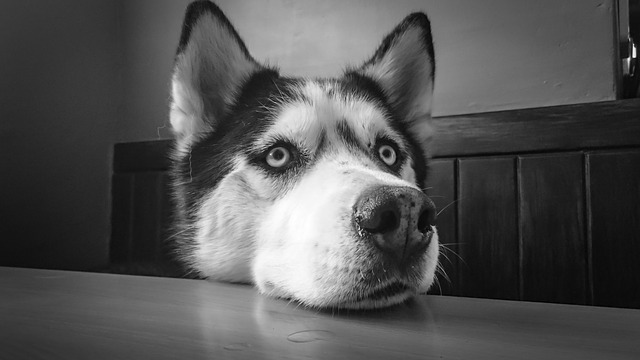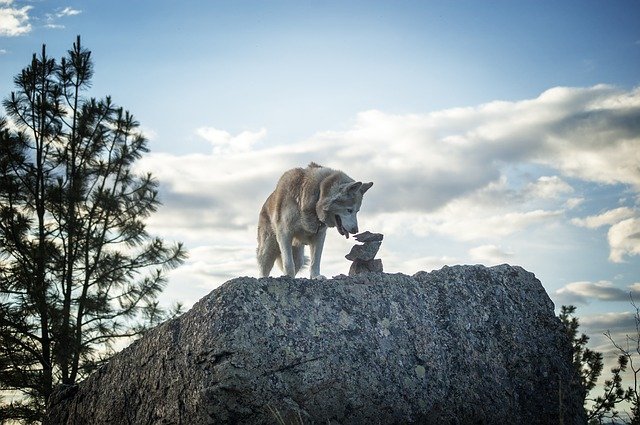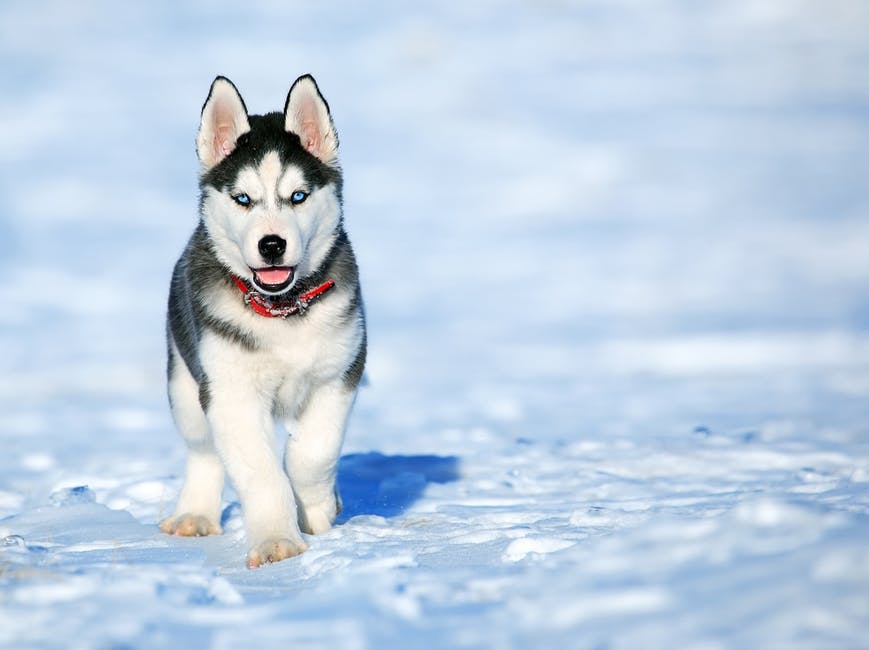
Huskies are so full of character. She is a delightful and docile partner but can be independent and deliberate. She is a cheerful and obedient contribution to the family with early socialization and consistent leadership.
The Siberian Husky came originally from Siberia and was first introduced into Alaska as a sled dog in 1909. The northeast Asian Chukchi’s original breeding of Huskies based mostly on dogs with high stamina and hard climate resistance. The Husky has a slight smell of doggie and is tirelessly washed.
They are a social race that wants near human contact; they are not effective watchdogs because of this social aspect. Siberian huskies are smart and innate, they are very energetic and need vigorous training and room to run. They are very active. In cold weather, huskies produce great jogging companions! She isn’t much of a barker, but particularly when she is lonely or underworked, she is a community whisperer. The Siberian Husky is a usually stable race aged 11-14 years on average.
Your Siberian Husky’s Health

Many disorders and diseases are genetic, which means they are linked to the breed of your pet. Canine genetic experts and vet practitioners generally agree that the disorders mentioned herein have a substantial-frequency and/or effect in this breed.
It doesn’t mean that your dog has these problems; it just means that it’s more vulnerable than most breeds. We’ll talk about the most frequent problems with Siberian Huskies and help you figure out what could happen in her future. We cannot cover every option here, of course, and so check us always if you find any extraordinary symptoms or signs.
Many disorders and diseases are genetic, which means they are linked to the breed of your pet. Canine genetic experts and vet practitioners generally agree that the disorders mentioned herein have a substantial-frequency and/or effect in this breed. It doesn’t mean that your dog has these problems; it just means that it’s more vulnerable than most breeds.
Dental Disease

Dental diseases in humans, 80 percent of all dogs by 2 years old, are the most prevalent chronic concern. Your Siberian Husky is, unfortunately, more likely to have trouble with her teeth than most breeds. Dental disease begins with the accumulation of tartar on the teeth and spreads to gums and teeth. Your mate will lose her teeth and run the risk of injury to her kidneys, liver, heart, and joints if we do not avoid or treat dental disease. In reality, even one to three years will shorten Husky’s lifetime! We’ll periodically brush your dog’s teeth and let you know what you can do to clean them at home.
Conclusion
Any odd symptoms may be symbolic or may be a mild or temporary problem. The key is to know when and how desperately to request veterinary assistance. Many illnesses lead to a typical mix of signs by dogs and may be a strong warning together that your Siberian Husky needs assistance.





